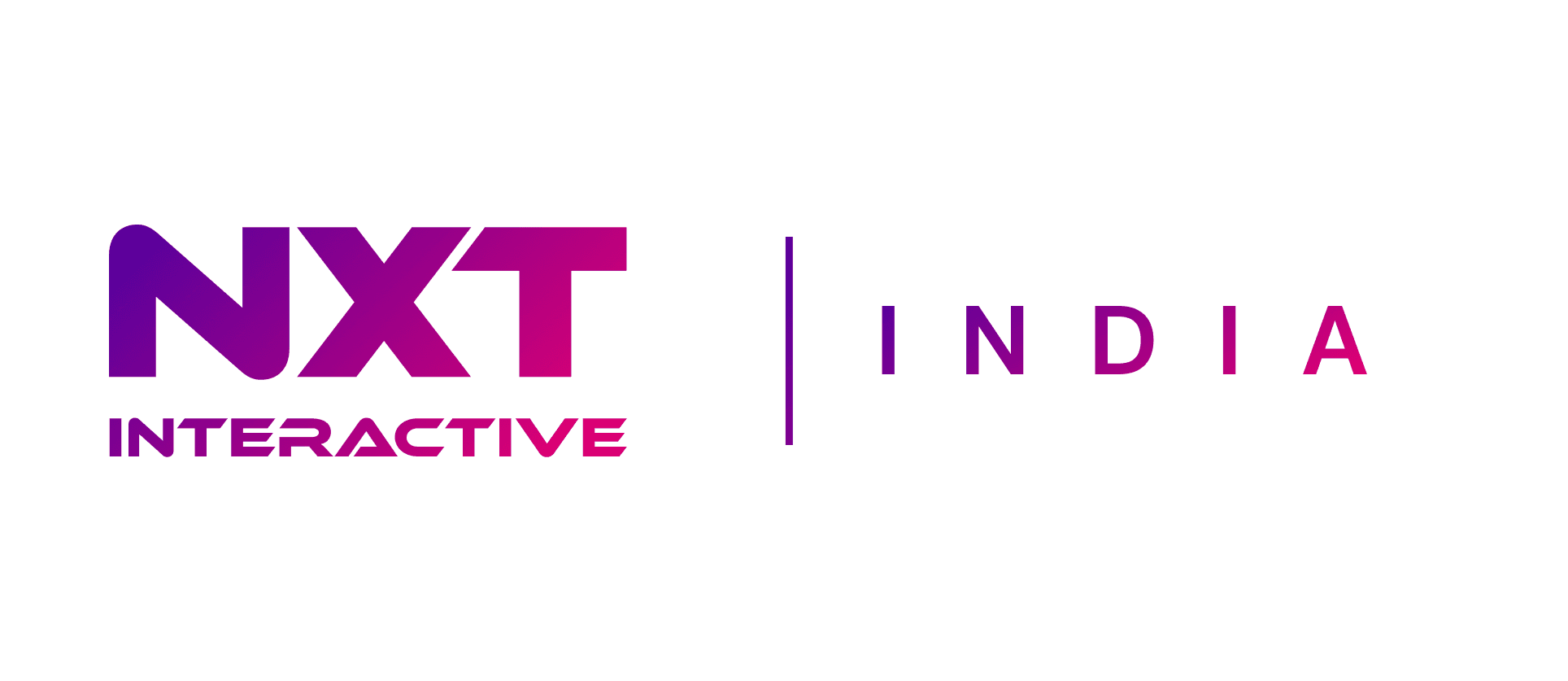Dec 13, 2023
Introduction
In the dynamic realm of healthcare, where split-second decisions can make a profound difference, the art of clinical decision-making is paramount. Singapore, renowned for its world-class healthcare system, is at the forefront of leveraging innovative educational approaches to enhance the precision of healthcare professionals. One such methodology gaining traction is Scenario-Based Learning (SBL), a transformative strategy designed to immerse healthcare practitioners in realistic situations, refining their decision-making skills and ultimately elevating the quality of patient care.
The Essence of Scenario-Based Learning
At its core, Scenario-Based Learning is an educational approach that places learners in realistic situations mirroring those encountered in real-world clinical practice. It goes beyond traditional didactic teaching methods, offering an immersive and hands-on experience that enables healthcare professionals to develop critical thinking, problem-solving, and decision-making skills in a controlled environment.
Customizing Scenarios to Singapore’s Healthcare Landscape
One of the strengths of Scenario-Based Learning lies in its adaptability to the specific needs of the healthcare environment. In the context of Singapore, this means tailoring scenarios to reflect the unique challenges, prevalent medical conditions, and cultural considerations encountered in the local healthcare landscape.
From addressing infectious diseases that may be more common in the region to simulating scenarios that involve diverse patient populations, SBL ensures that healthcare practitioners are not only well-versed in medical knowledge but are also adept at navigating the intricacies of Singapore's healthcare context.
Technology Integration for Realism and Interactivity
Advancements in technology play a pivotal role in the success of Scenario-Based Learning. Virtual Reality (VR), Augmented Reality (AR), and high-fidelity simulation tools create lifelike scenarios that closely mimic the complexities of actual clinical settings. This technological integration not only enhances realism but also fosters interactivity, engaging healthcare professionals in an experiential learning process.
Improving Clinical Decision-Making Skills
The primary objective of SBL is to enhance clinical decision-making skills. By immersing healthcare professionals in scenarios that require quick thinking, accurate assessment, and effective communication, this approach simulates the high-stakes situations encountered in real healthcare settings. Practitioners learn to make decisions under pressure, honing their ability to prioritize, diagnose, and treat patients effectively.
Bridging the Gap between Theory and Practice
While traditional medical education imparts theoretical knowledge, SBL serves as a bridge between theory and practice. It allows healthcare professionals to apply their knowledge in a hands-on setting, fostering a deeper understanding of the nuances and complexities of patient care. This not only builds confidence but also ensures that the skills acquired in the classroom seamlessly translate to improved patient outcomes.
Continuous Learning and Professional Development
Scenario-Based Learning is not a one-time event; it's a continuous process of learning and improvement. Regular exposure to new scenarios, coupled with debriefing sessions and feedback, ensures that healthcare practitioners stay sharp, adaptable, and up-to-date with the latest medical advancements and best practices.
Collaboration with Healthcare Institutions and Regulatory Compliance
To ensure the seamless integration of SBL into healthcare education in Singapore, collaboration with healthcare institutions is key. This involves aligning SBL programs with the existing curriculum, obtaining necessary accreditations, and adhering to regulatory standards. By working hand-in-hand with institutions, SBL becomes an integral part of the professional development journey for healthcare practitioners.
Conclusion

Scenario-Based Learning is not just a teaching methodology; it's a catalyst for transformative change in healthcare education. By placing healthcare professionals in the driver's seat of realistic scenarios, Singapore is not only investing in the skill development of its practitioners but is also raising the bar for healthcare standards. As Scenario-Based Learning takes center stage, the future holds the promise of a more adept, resilient, and patient-focused healthcare workforce in the Lion City.





